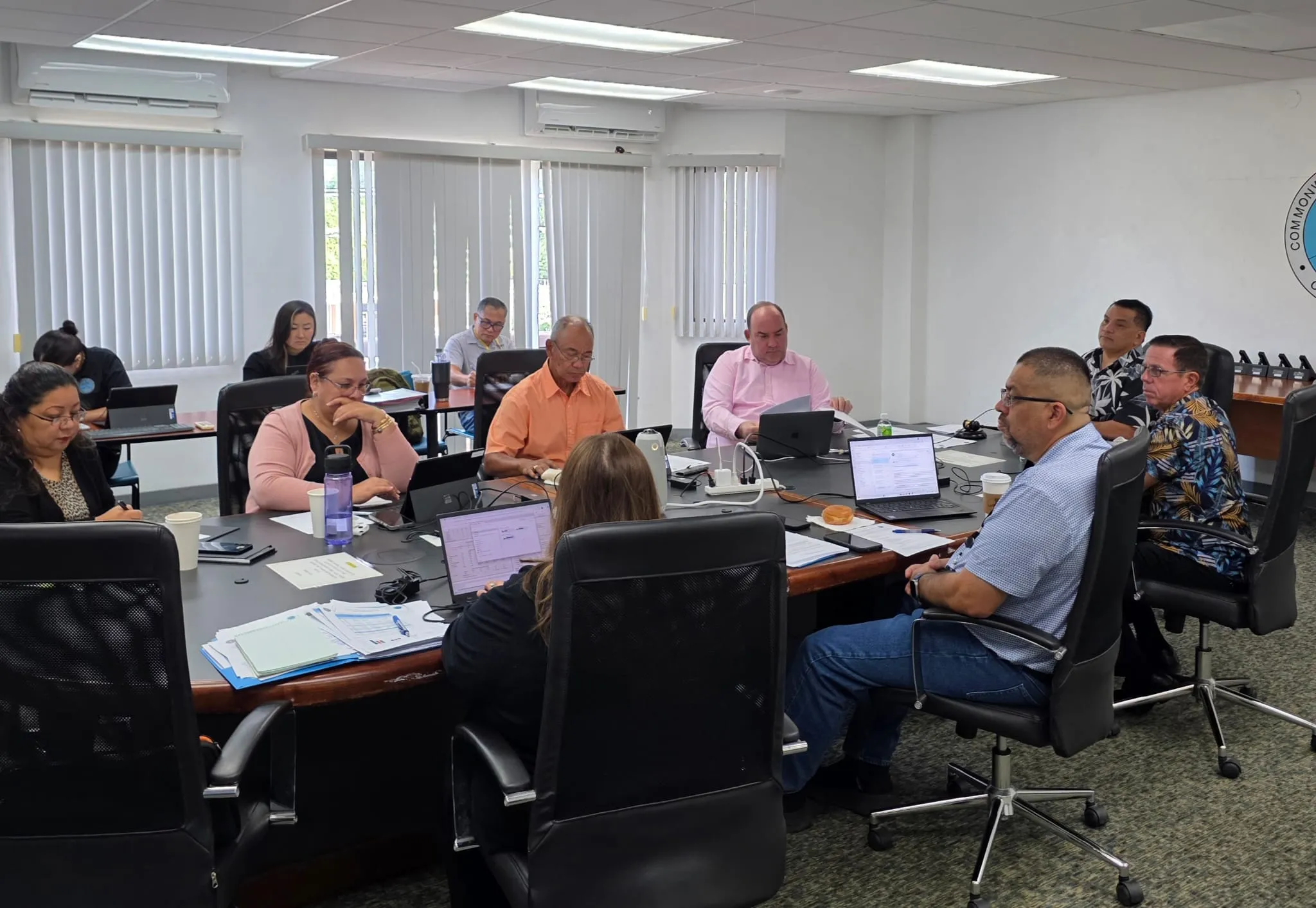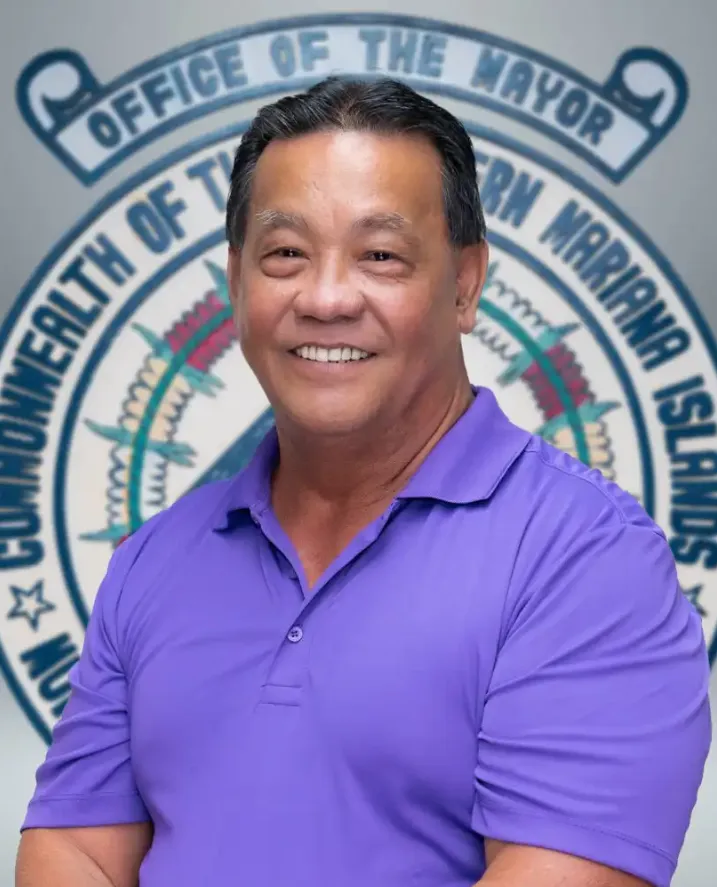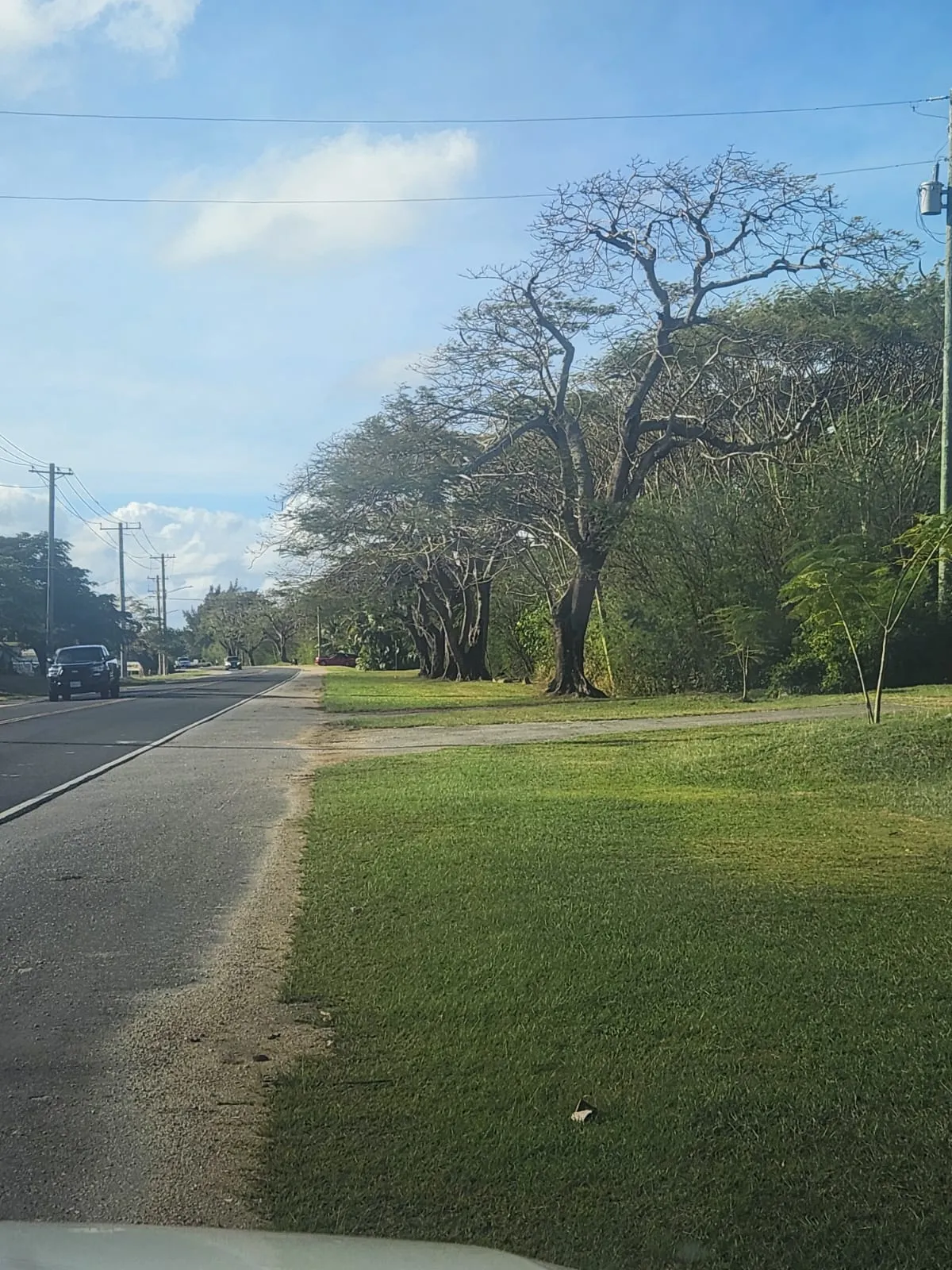
BC Cook
WHAT if there was only one Korea, a communist one? What if Japan was a communist country? What if allied forces had invaded Japan and fought a final, climactic battle in the streets of Tokyo, doubling the number of people killed in World War Two? These, and other questions of history, are not just the stuff of university students. The answers to these questions hung in the balance and were decided in the twenty-four hours after Emperor Hirohito made the historic decision to end the war in the Pacific. Those questions could easily have different answers. You won’t believe how close we came.
In the closing days of the Second World War in the Pacific, as allied forces tightened the ring around Japan, debate raged among the military and civilian leaders of that country about the course they should take. The war faction argued that Japan should force the allies to invade the Home Islands. They hoped to damage the invading force so severely that they could negotiate a favorable peace treaty. The peace faction thought continued resistance was futile and argued that Japan should surrender immediately to avoid greater disaster. Gridlock ensued as each side dug in until the emperor was asked to intervene and make a very rare political decision. Hirohito decided to end the war by surrendering to allies, and his decision touched off one of the most dramatic stories of World War Two.
Once the emperor decided to end the war, planning started on how to carry it out. Because a great number of Japanese did not favor peace, security was essential. It was decided that, to lend weight to the decision and insure the greatest support, the emperor himself would make the proclamation. It was also decided that he would do this via radio broadcast to maximize the number of those hearing it.
A plan was developed to have the emperor record the surrender speech, make many copies of it, and spread them around for broadcast. Hopefully, even if the militarists captured Hirohito and destroyed some of the recordings, at least one would survive as a testimony to his wishes.
The militarists sprang into action. Knowing of the plan to record the speech, soldiers staked out the radio stations they suspected were involved in the recording. In addition to capturing the emperor the plotters intended to kill many top government officials who supported the peace plan and replace them with members of the war faction, who would continue the fighting. They took control of the emperor’s residence and many government buildings, killing many officials. For a while, the issue hung in the balance. If a few things went their way, the rebels would stop the surrender and carry on the war to its disastrous conclusion. It was close.
Ultimately, the rebels could not convince the army as a whole to join them. Most soldiers were tired of the war, and no one wanted to be the last casualty of a lost cause. Slowly the situation was restored. Soldiers loyal to the emperor regained control of the emperor’s residence and the conspirators chose death over capture. The honorable committed seppuku, the scoundrels shot themselves in the head. The recordings of the emperors’ surrender speech, nearly discovered, were produced and played over the air at noon on August 15, 1945, six days after the atomic bombing of Nagasaki and twenty-four hours after Hirohito decided to end the war. For Japan, it was a long day.
Few people ever knew how close they came to fighting to a grisly conclusion in the heart of Japan. If the war had lasted even a few weeks longer the Soviet Union would have conquered all of Korea, uniting it under communist rule. Russian forces would have invaded Hokkaido and even Honshu by 1946, resulting in at least half of Japan uniting under a communist government. Millions more Japanese, Americans, Russians, Koreans, Chinese, Filipinos, British, and others would have been killed. It was close.
Dr. BC Cook taught history for 30 years and is a director and Pacific historian at Sealark Exploration (sealarkexploration.org). He currently lives in Hawaii.











